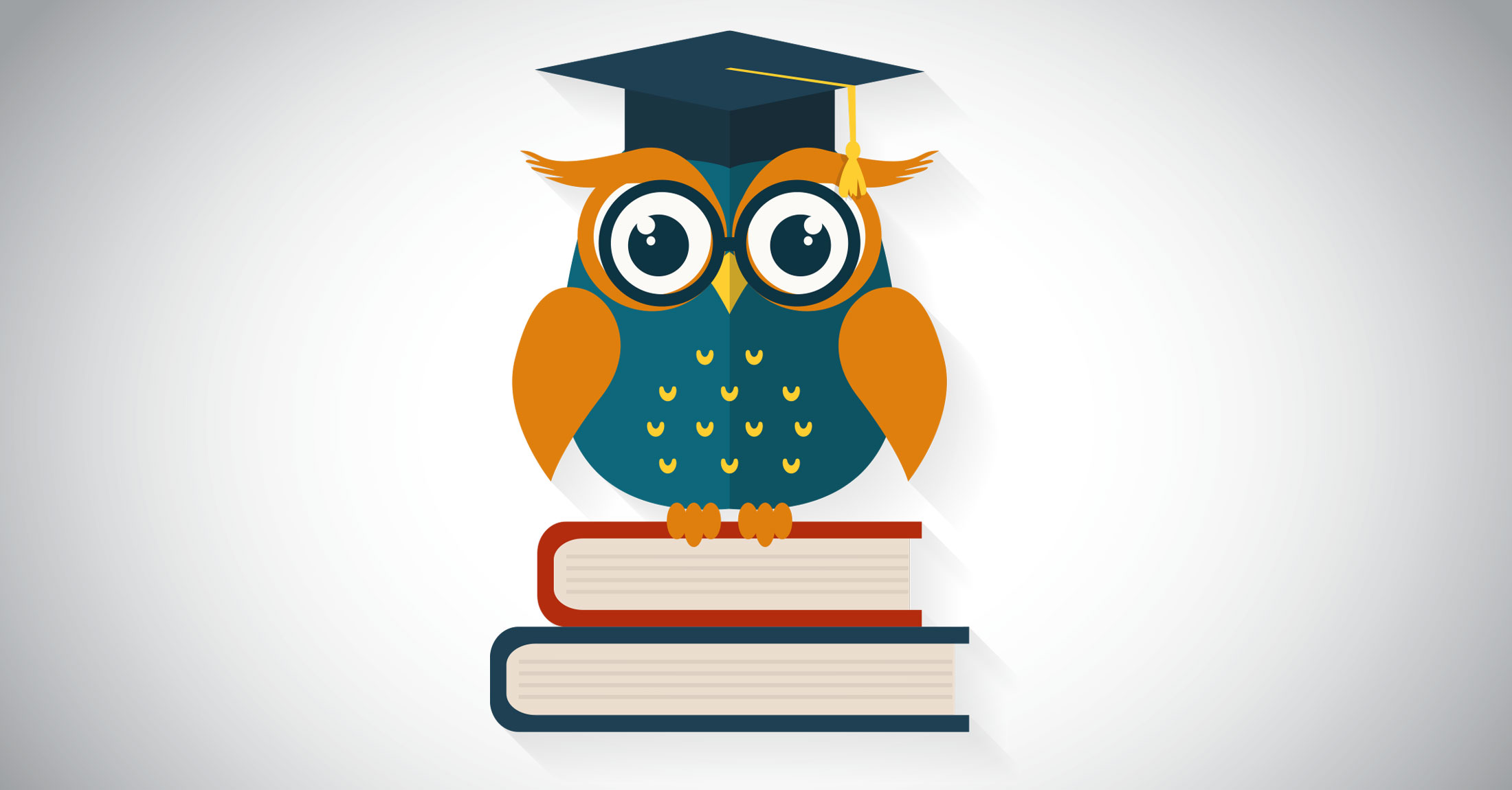“A capacity and taste for reading gives access to whatever has already been discovered by others.”
~ Abraham Lincoln
WHY NONFICTION?
Nonfiction is a HUGE literary category. It encompasses factual books featuring content that uncovers truths (or perceived or documented truths), and ways to understand and navigate the world. Nonfiction books provide information, strategies for doing and learning, and new perspectives. Material can be conveyed through use of creative language, images, humor, interviews, quotes, and other means of expression. Topics span A to Z—astronomy to zoology—and all matter in between. Find a match with a child’s areas of interest, and nonfiction books can make great gifts for any occasion, opening portals to pleasure and possibilities!
Sure, fictional stories (adventure, fantasy, mystery, etc.) can be exciting. However, here are two key considerations: 1) nonfiction offers insights into real-world complexities and authentic contexts, and 2) open-mindedness about what to read helps fuel a life-long love of reading.
When kids discover topics or ideas they’re keen to investigate, they may seek out and read nonfiction books. Reinforce their investment in reading! It’s important for building comprehension and inquiry skills, and for strengthening cognitive ability, including creative and critical thinking processes. For example, a nonfiction book may be about climate change, marine conservation, history, space exploration, sports, biographical revelations, video game design, or how to do something such as bake, garden, or spark creativity. Such books can motivate, enlighten, and empower kids to learn—to reflect, predict outcomes, question ideas, make connections across different disciplines, identify problems, and appreciate solutions. Kids may even devise their own solutions, or follow up with activities or additional reading. Resourcefulness is good!
SUGGESTIONS FOR PARENTS
How can parents encourage kids to read nonfiction books? Here are six tips (and some questions) to keep in mind:
- Don’t pressure. Give young people ample time to think about book recommendations, to investigate, and to make choices. Respect their reading preferences.
- Consider the level of interest and benefit. Some material may not seem enticing or familiar. You can chat about why a particular book has merit—for instance, why you enjoyed it, why it might be useful, or how it’s funny or intriguing.
- Check out reviews together. What do other readers say about the book? Look at advance or current reviews, overviews, or brief comments. What’s on the author’s website? What else has the author written?
- Is the reading level appropriate? Does the nonfiction book relate to your child’s ideas, experiences, and enthusiasms in ways that aren’t too juvenile or too advanced? Is the length reasonable? Is it geared primarily for children, teens, or more mature readers?
- Is the book engaging? Does it include examples, or compelling or suspenseful accounts of people’s challenges or journeys? Are there any pictures, charts, or pointers that will spur kids’ thoughts about how to analyse or interpret content, or connect it meaningfully to what matters to them?
- Set fair and flexible expectations. Can your child read the nonfiction book at a pace they choose? Must they finish it? If they wish, can they read it with you, and discuss it?
LAST WORDS
“Any book that helps a child to form a habit of reading, to make reading one of his deep and continuing needs, is good for him.”
~ Maya Angelou
Parents may say, “Here’s a terrific nonfiction book!” And, a child may reply,“Thanks,” or give a quasi-dismissive “Maybe later” or shrug, or offer other responses—some enthusiastic, some less so. Be patient, and continue to demonstrate the value of reading. Adults’ book behaviors and attitudes toward reading (fiction and nonfiction) can be impactful.
Reading is like a gift for the mind. It strengthens the intellect and the imagination in much the same way as exercise fortifies the body. Encourage kids’ interests, their selections, and their reading across genres. Boundless knowledge, joy, and possibilities await!








